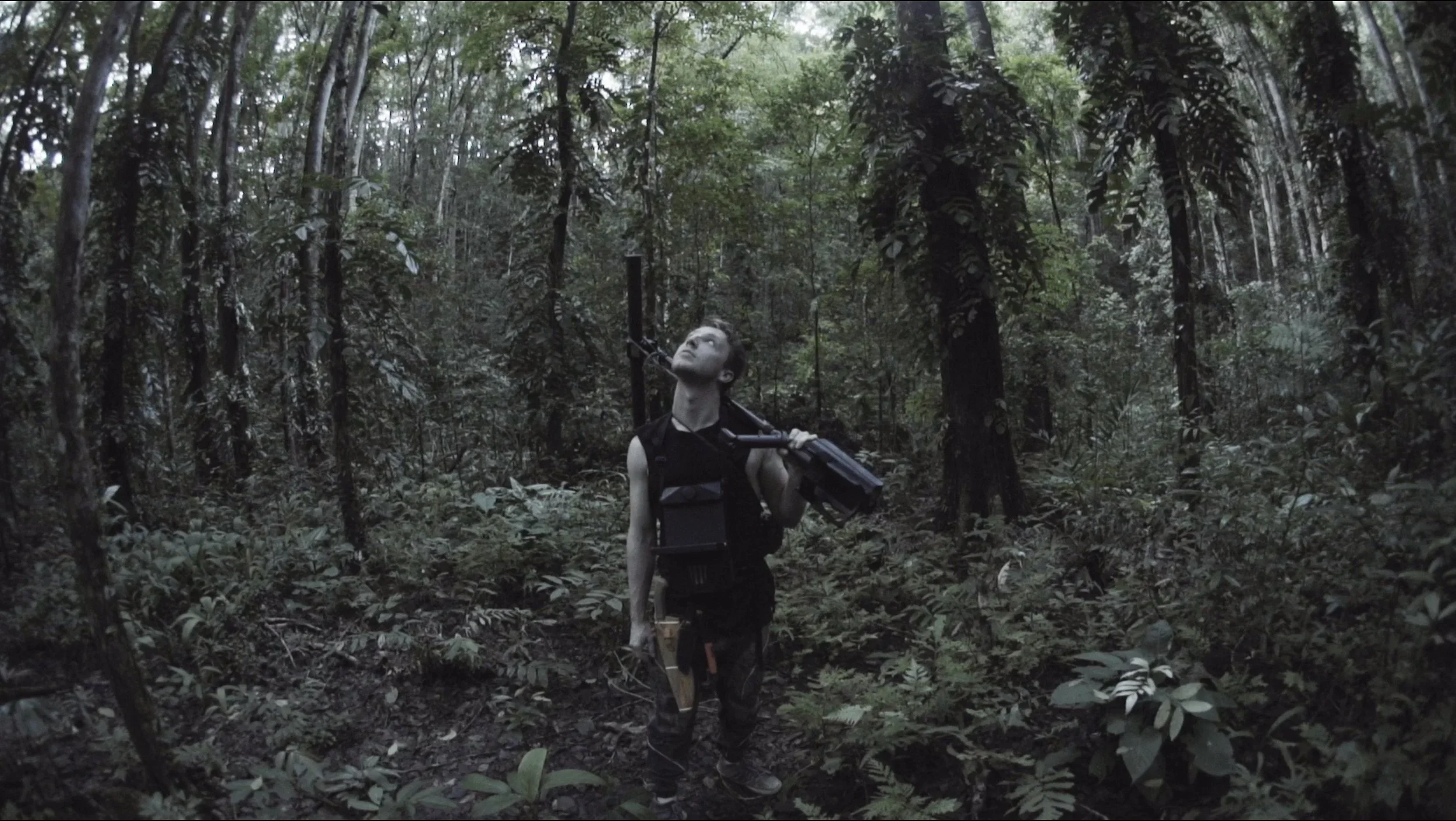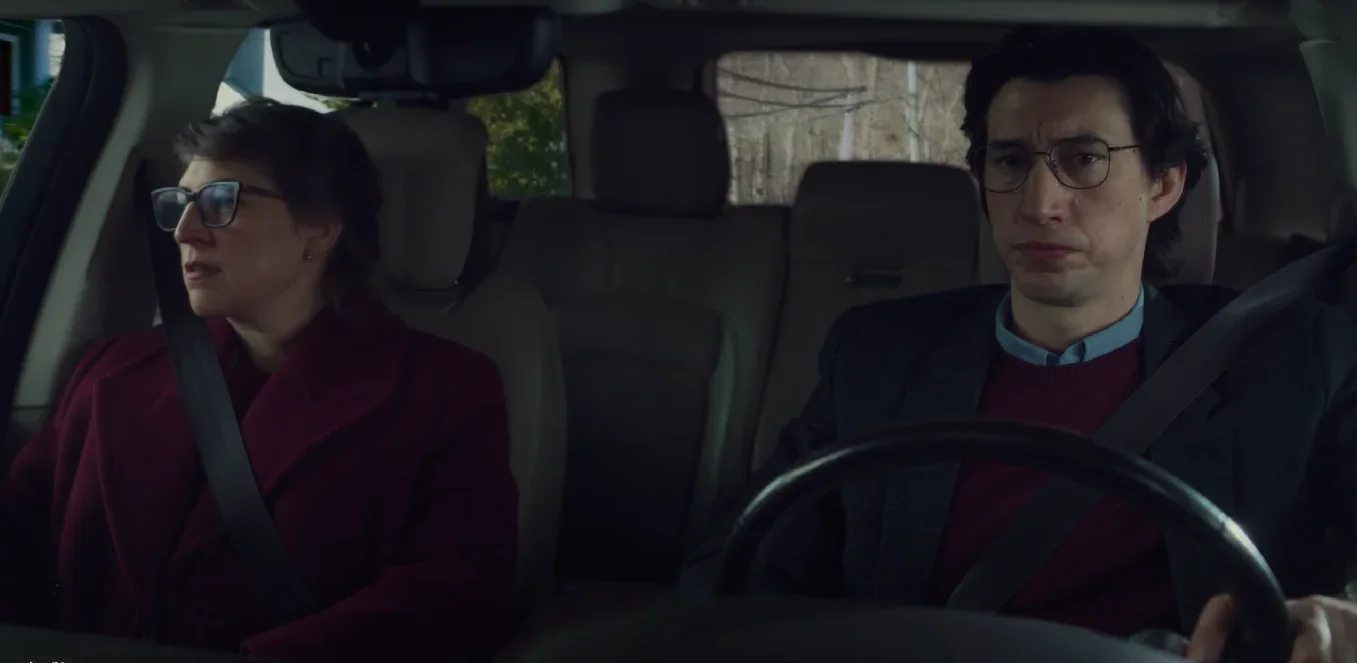REVIEW: The Manila Film Festival Featured Directors’ Short Films
REVIEW: The Manila Film Festival Featured Directors’ Short Films
The Manila Film Festival showcased four new short films from some of the most talented directors in the industry today: Pepe Diokno (fresh from his Metro Manila Film Festival success with GomBurZa), JP Habac (known for I’m Drunk, I Love You and the recent Love You Long Time), Dwein Baltazar (whose Third World Romance became a streaming and festival favorite), and Sigrid Andrea Bernardo (famed for Kita Kita and whose short film Pushcart Tales has been acclaimed by us as one of her best).
Here are their latest offerings, as reviewed by our staff writers.
Lumang Tugtugin poster || Taken from The Manila Film Festival social media
LUMANG TUGTUGIN | ★★★★½
Dir. Pepe Diokno
Director Pepe Diokno knows how to set the scene. Lumang Tugtugin opens on a sunlit staircase, and even before you see the paralyzing fear on Angela’s (Therese Malvar) face, you know all is not well at this home as the muffled sounds of violence puncture through. It’s clear from the moment she steps in that Angela would like to leave as soon as she can. Her mother (Sue Prado) voices concern over Angela’s political activism during the Martial Law regime, but when she brings up the mistreatment they faced under Angela’s recently deceased father, her mother brushes it off instantly. Angela’s grandmother (Lui Manansala) is seen briefly, seeming like half the person she used to be. But as their shared traumas coalesce over time, it’s clear that wherever one is on the spectrum of generational trauma, the hope of breaking that cycle is always worth fighting for. Prado, Manansala, and Malvar all bring their A-game to this short film, each of them able to capture the emotional scars of time in their faces and body language. Writer Guelan Varela-Luarca shows the value of screenwriting beyond spoken dialogue, locating the right tension-inducing visual motifs and positioning its ending as a loaded cycle ready to break or loop back to the start. — Phileo Victor Ko
Shortest Day, Longest Night poster / Taken from The Manila Film Festival social media
SHORTEST DAY, LONGEST NIGHT | ★★★½
Dir. JP Habac
Whatever happens tomorrow, we have today. Shortest Day, Longest Night from JP Habac feels warm and intimate as we sit through this brief time with our main character, a queer artist (Adrian Lindayag) facing a life-altering decision on the night of the opening of his new exhibit. He puts this decision on the back burner for a short while, fearing to face it alone the following morning. He unexpectedly meets a kind soul, a stranger (Vaughn Piczon), who may have been brought to him as a sign that everything will be okay. They make a connection, and beyond that, the exhibit’s safe space concept extends its reach through how this short film makes you feel. There is a discussion about how queer safe spaces die because, at the very least, they don’t act as a safe space for queer people. The exhibit becomes this third character, silent but very present in giving life and meaning to the concept of a safe space — Ralph Regis.
Nananahan poster / Taken from The Manila Film Festival social media
NANANAHAN | ★★★★
Dir. Dwein Baltazar
In Nananahan, Dwein Baltazar captures an ordinary thrift shop in Metro Manila, capitalizing on the “show, don’t tell” principle with artistry and storytelling prowess. We, as the audience, lend our perspective through Ronnie Lazaro, with the film shot in crisp black-and-white. We barely see the “people” around him, lurking in the background and personifying the items and used goods being sold in the shop. There are unspoken stories in this short film that are waiting to be told. However, we barely get any, as we exercise in filling in who these people are and how the items hold significance to them. It feels like a horror film, with the “horror” being how these people may be forgotten and are waiting for someone to purchase the item that signifies who they were. Accompanied by an amazing score that plays when needed, the film relies on visual storytelling to carefully and gradually reveal the story to us — Ralph Regis.
May at Nila poster / Taken from ANIMA Studios social media
MAY AT NILA | ★★★★
Dir. Sigrid Andrea Bernardo
The ultimate conflict standing between May and Nila is non-human. It’s the world that exists outside the walls that confine them, a society where the concept of same-sex relationships is too complicated to grasp and where trusting people is too dangerous. In this film, it’s undeniable how genuine their love is for each other, which only ever shows when they are alone. This is what makes the film so good — we see them just be themselves when left alone in a safe space because, even now, society makes it incredibly difficult for women to be themselves anywhere else. However, as their confinement prolongs, an intimate space turns into a claustrophobic one, and their relationship becomes even more complicated. With elements of politics and distrust, we learn that love isn’t enough to guarantee them a happy ending. This short film is a poem on how the environment affects how our relationships work — therefore, queer spaces aren’t enough; we need the world to be a safe space for queers entirely — Charlie Vitug.

















